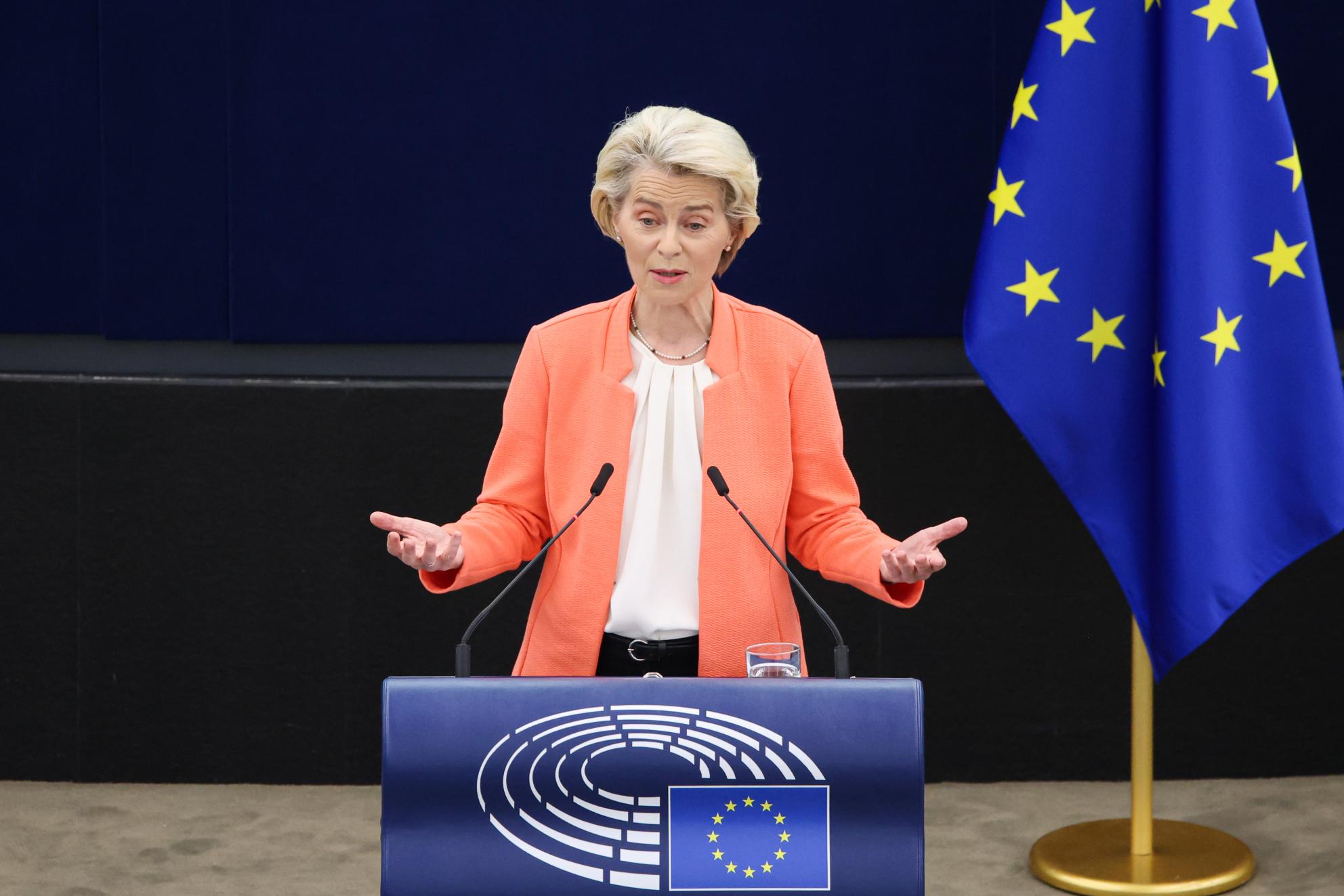Given the historical priorities of the Von Der Leyen Commission, a central focus of the speech was the European Green Deal and the EU's ambitious commitment to becoming the world's first climate-neutral continent by 2050. President von der Leyen proposed Clean Transition Dialogues with industries as a key strategy to attain this goal. She stressed the essential role of regional participation, ensuring that the impact and opportunities at the local level are thoroughly considered, thereby advancing sustainable growth.
Environmental conservation was also emphasised, covering aspects such as preserving wetlands, forests, and agricultural areas. The President acknowledged European farmers' vital contribution to food security and introduced a strategic dialogue on EU agriculture to tackle emerging challenges effectively.
President von der Leyen underlined the imperative of addressing regional disparities within the EU to provide equal opportunities for all citizens, regardless of their geographical location. This highlights the shared responsibility of EU governance levels in bridging development gaps. It's worth noting that the speech did not delve extensively into regional matters, cohesion policy, or the involvement of local and regional entities.
President Vasco Alves Cordeiro responded to Ursula von der Leyen's State of the Union speech, emphasizing the importance of EU support for regions facing various challenges. He stressed the role of regions as essential democratic actors within the European Union, advocating for stronger cohesion and regional involvement in clean transition dialogues. Cordeiro highlighted the need for equal opportunities across all regions and the crucial role of local and regional authorities in addressing citizens' challenges, aiming for a stronger, fairer, and more democratic Europe.
In the realm of economics and competitiveness, President Ursula von der Leyen outlined key challenges and priorities for the EU. These encompassed tackling labour and qualification shortages in the EU job market, managing inflation by implementing measures such as reducing energy prices and decreasing dependency on external suppliers, and streamlining business procedures, with a particular focus on small and medium-sized enterprises (SMEs). These endeavours aim to stimulate innovation, growth, and prosperity within the EU while upholding economic stability and supporting businesses of all sizes.
The President's comprehensive address spanned various critical aspects of the Commission's plans:
Digital Transformation: Recognising the significance of positioning Europe as a global digital leader, President von der Leyen underscored the importance of investments in cutting-edge technologies. She also highlighted the potential of artificial intelligence to enhance healthcare, efficiency, and environmental initiatives. In response to AI-related concerns, the EU introduced pioneering legislation that balances innovation with responsibility and transparency in AI technology usage.
Geopolitical Role: The President reiterated the EU's ambition to play a more prominent global role by advocating for peace, stability, and democracy worldwide. She condemned Russian aggression in Ukraine, voiced support for enlargement and temporary protection for Ukrainians, and emphasised international cooperation, particularly with emerging economies. The Global Gateway initiative and the India-Middle East-Europe economic corridor were cited as promising opportunities for enhanced connectivity.
Migration Challenges: President von der Leyen addressed ongoing migration issues, highlighting the new Migration and Asylum Pact as a delicate balance between border protection and humanitarian concerns. She called for a renewed European approach centred on effective border management and inter-member state solidarity.
Economic Recovery: The President emphasised the EU's resilience in the face of the COVID-19 pandemic. She highlighted the pivotal role of the Next Generation EU recovery plan in revitalising Europe's economy and strengthening key sectors such as healthcare, justice, and transportation.
The 2023 State of the Union address provides valuable insights into the EU's future direction. It underscores the EU's determination to assume a leadership role in areas encompassing climate action, digitalisation, and global politics while striving for equitable distribution of the benefits of progress across all European regions. As Europe begins this significant journey, the global community looks forward to witnessing the achievement of the EU's vision for a future characterised by sustainability, equity, and prosperity.
